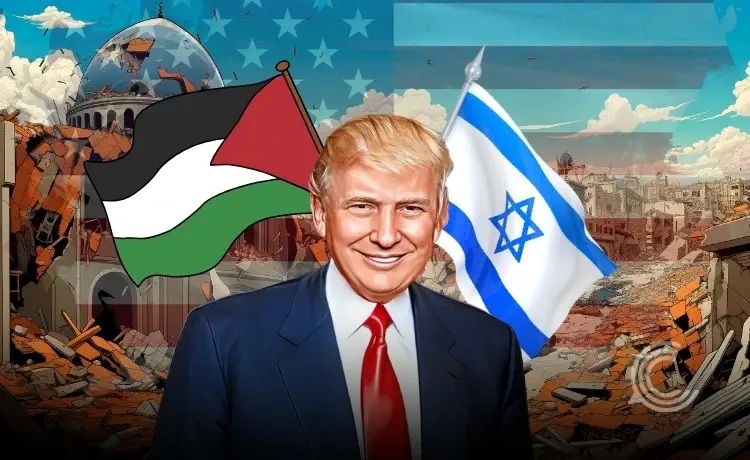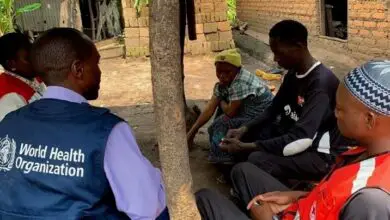US Maintains Confidence in Gaza Ceasefire Amid Hostage Delays

- The US maintains confidence in Gaza ceasefire after Hamas states a need for specialist equipment and more time to locate the bodies of deceased Israeli hostages.
- Hamas has returned all 20 living hostages and nine of the 28 required bodies as part of the initial phase of the peace agreement.
- US senior advisers maintain that conversations with mediators remain “positive,” suggesting confidence that Hamas intends to honor the deal.
The fragile United States-brokered Gaza ceasefire is currently being tested by logistical hurdles and a sensitive dispute over the return of the remains of deceased Israeli hostages. Senior US advisers, however, are downplaying the threat to the truce, even after Hamas stated it requires “extensive efforts and special equipment” to find the remaining bodies buried in the heavily damaged Palestinian territory.
As part of the first phase of the Gaza peace plan, Hamas was mandated to return 20 living hostages and the bodies of another 28 hostages taken during the October 7, 2023, attacks. While all the living hostages have been returned, only nine bodies have been handed over so far.
Logistical Challenges in Hostage Recovery
The delay is attributed by Hamas to the immense destruction across Gaza. The group’s armed wing, the Ezzedine Al-Qassam Brigades, announced that they had fulfilled their commitment by handing over all living prisoners and the corpses they could access. It stressed that retrieving the remaining remains requires specialist recovery equipment and more time.
This claim has introduced a complex dynamic to the ceasefire, raising concerns in Israel, where families are desperately awaiting closure. On Wednesday evening, senior US advisers indicated that their ongoing conversations with mediators remain “positive,” suggesting a belief that the militant group intends to honor the broader terms of the agreement. They noted that retrieving the bodies from the “pulverised” environment of Gaza is inherently difficult.
Hostage Identities Confirmed
The delicate situation saw a development overnight on Wednesday when Hamas handed over two more bodies. This morning, Israel officially identified them as Sergeant-Major Muhammad al-Atarash, 39, and Inbar Hayman, 27. Sergeant-Major al-Atarash, a soldier of Bedouin origin, was killed in combat on October 7, while Ms. Hayman, a graffiti artist, was abducted from the Nova music festival. Their return brings a measure of sorrowful relief to their families.
The US is reportedly attempting to facilitate the process by sharing Israeli intelligence with Hamas to assist in locating the remains. Furthermore, Turkey, a key mediator in the peace deal, is in talks to potentially provide expert teams with experience in body retrieval, a service often used in post-earthquake recovery, to aid the search in Gaza.
Trump’s Warning on Ceasefire’s Future
Despite the positive assurances from the senior US advisers, the possibility of a renewal of the conflict looms. US President Donald Trump has issued a stark warning regarding the future of the Gaza ceasefire. In a recent statement, Trump threatened that he would consider allowing Israel to resume military operations if Hamas ultimately fails to uphold its commitments, specifically concerning disarmament and the full return of the deceased hostages.
“Israel will return to those streets as soon as I say the word,” Trump was quoted as saying, highlighting the conditionality of the truce on the full implementation of its terms. This adds significant pressure to the ongoing negotiations, making the successful completion of the hostage body transfer a critical barometer for the peace deal’s survival. The situation remains fluid, with international efforts focused on resolving the logistical challenges to prevent an escalation.
The return of bodies is also tied to aid distribution. The Israeli government had previously signalled a possible reduction or delay in humanitarian aid shipments into Gaza, linking it to the slow pace of the hostage body returns. This use of humanitarian access as leverage complicates the non-political mission of recovering the dead, a crucial element for maintaining the integrity of the Gaza ceasefire.



